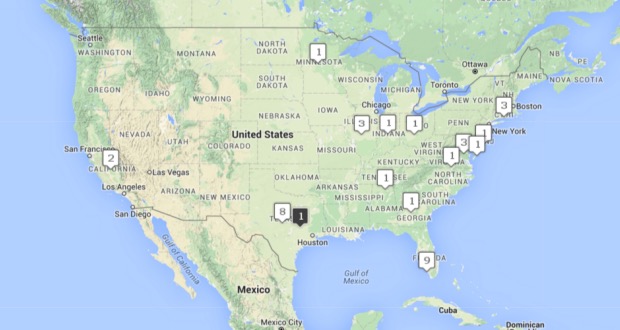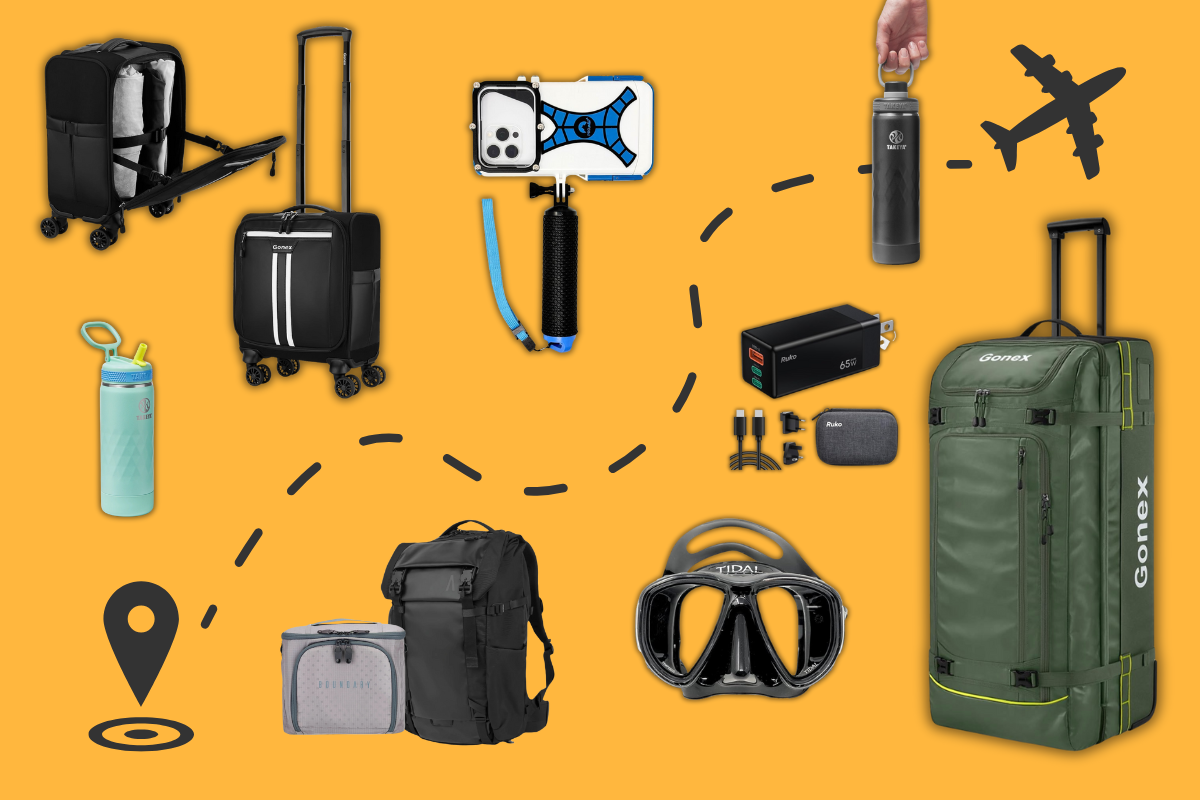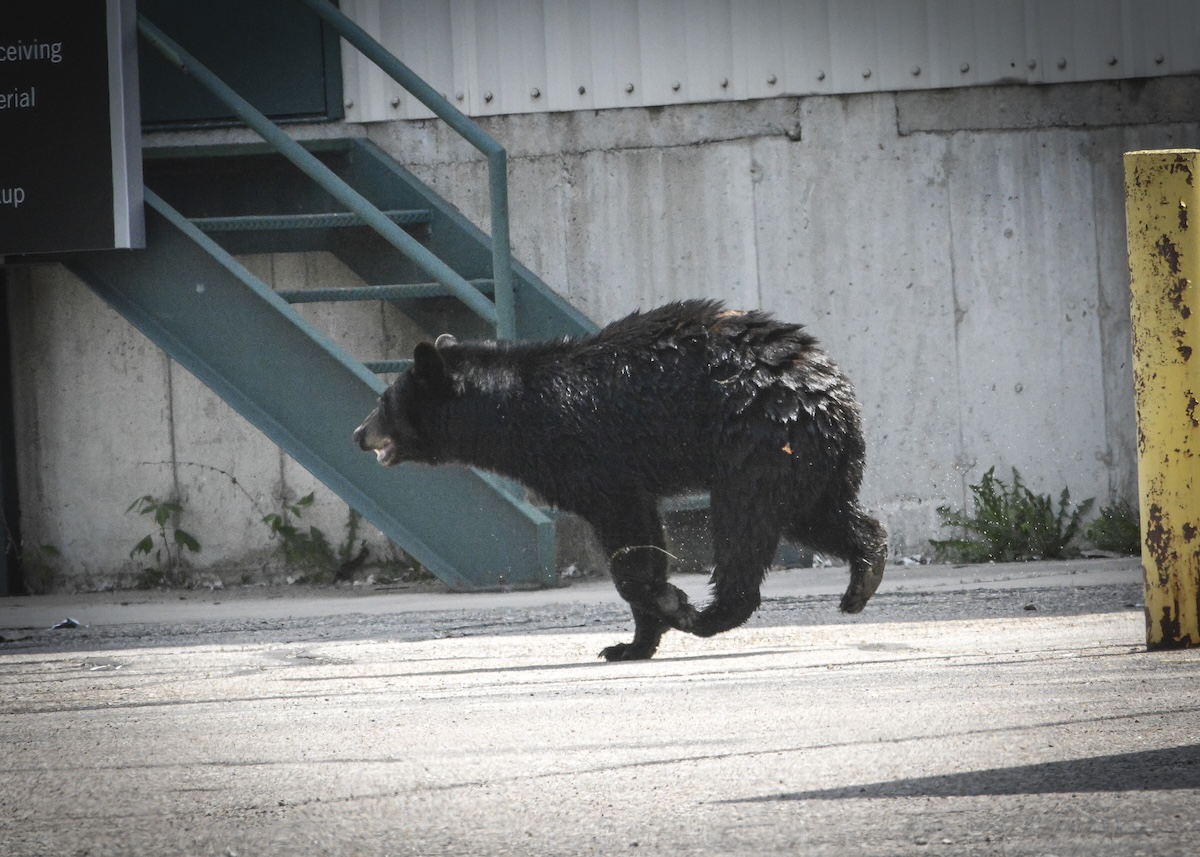

Active outdoor folks have a reason to turn up the TV when something like the Zika Virus pops up on the news. They spend a lot of time outdoors and up until now, weren’t too concerned about a mosquito bite here and there. Now we have this “Zika Virus” everywhere we look. We’ll cover what it is, who gets it, how they get it, and where they’re getting it.
Videos by Outdoors
What
Zika is a disease caused by the Zika virus. The illness is usually mild with the most common symptoms being fever, rash, joint pain, and red eyes, which can all last anywhere from several days to a week. People rarely get sick enough for a hospital visit and very rarely die of Zika.
Who
Anyone can contract the Zika virus, but obviously we’re at a slightly greater risk when spending so much of our time outdoors. Have courage! This doesn’t mean we should become paranoid couch potatoes! As campers and adventure seekers it’s our responsibility to take measures of mosquito bite prevention into our own hands, which we should all be doing anyways.
Those who live in or travel to areas where the Zika virus is found are at the highest risk for infection. However, according to the Centers for Disease Control and Prevention, “limited outbreaks” of Zika are expected in the U.S.
Our pregnant mommy campers should especially take precautionary measures against mosquitoes, as there have been reports of serious birth defects of the brain and other negative pregnancy outcomes in babies from mothers who were infected with the virus while pregnant.
How
The Zika virus is spread to people primarily through the bite of an infected mosquito. They will typically lay their eggs in and near standing water such as buckets, bowls, flower pots, etc. Keep in mind you are not safe on your daytime hikes, as mosquitos that spread the virus are aggressive daytime biters. They will also bite at night, so make sure your tents are in tip top shape and keep the mosquitoes out.
While rare, a mother already infected with the Zika virus could potentially pass the virus to her newborn near the time of delivery. The virus could possibly be passed from a mother to baby during pregnancy as well, but this is still being researched.
The virus has also reportedly been passed through infected blood and sexual contact.
Where
Right now, the United States primarily has travel associated cases of the Zika Virus. This means that people are bringing the virus back with them from other countries. The virus can be passed via sexual activity, and that has only happened once in the U.S. As far as we know, no one in the U.S. has been infected by a mosquito locally. The map below shows which states have been infected.
Protect yourself!
You’re a fan of the outdoors so you know what to do. Permethrin and deet are your best defenses. Spray your outdoor clothing in permethrin (available in any sporting goods store) and let it sit over night. Cover your exposed areas with deet and you’ll be good to go. Don’t forget to spray your hat liberally with deet. It’s one of our favorite tricks and works well to keep them away from your face.








